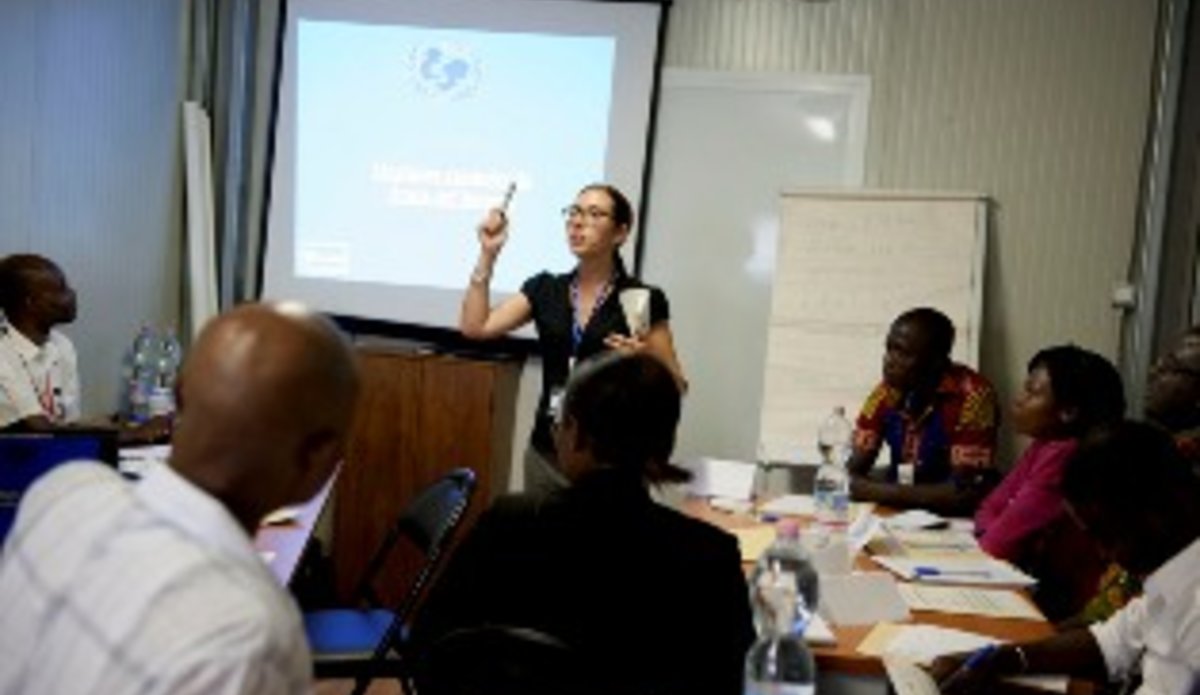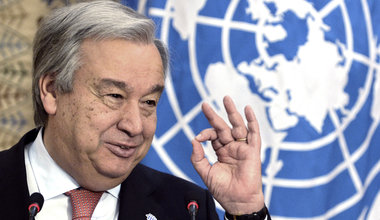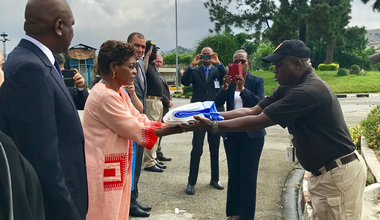UN System supports journalism seminar on employment
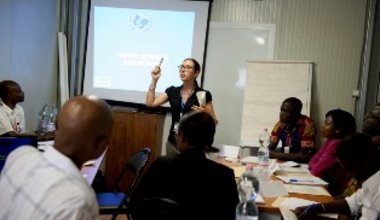
The Deputy Special Representative of United Nations Secretary-General for Côte d'Ivoire and Resident Coordinator of the UN System, Ndolamb Ngokwey, on Thursday, 3 October 2013, stressed the "{need to promote employment within a perspective of structural changes which carry the potential for employment and social transformation.}" Mr. Ngokwey made the recommendation at the opening of a media panel discussion organised by the Organisation of Professional Journalists in Cote d'Ivoire (OJPCI) on the theme: "Employment and structural changes: What reality for Côte d'Ivoire?" He also highlighted the need for economic policies to ensure the promotion of employment by aiming at improving productivity.
The general aim of the meeting was to get national and international
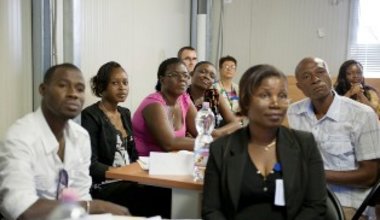
journalists as well as public opinion to take ownership of the stakes involved in employment and structural changes in Côte d'Ivoire as defined in the 2013 Human Development Report.
The panel discussion was financed by the UN Development Programme (UNDP) with expertise provided by the Ivorian Ministry of Employment, Social Affairs and Professional Training and the Ministry of Planning and Development, the Ministry of Mines and Industry, the private sector through the association of entrepreneurs and other partners.
OJPCI President Goore Bi Hue said the aim was to stimulate debate on one of the indicators of economic performance which is employment.
"According to specialists, full employment is a sign of economic vitality of a country," he said. He deplored the fact that the numerous closures and displacements of businesses as a result of the post-electoral crisis also had a negative impact on the employment sector in Côte d'Ivoire.

Several presentations were made on the quantitative and qualitative evolution of employment, the National Development Plan and employment prospects, new employment opportunities as well as the contribution of the private sector to the creation of employment.
Contributions at the panel discussions came from experts from the relevant Ministries, the General Confederation of Enterprises, the World Bank, the International Labour Organisation and the UN Industrial Development Organisation and were followed by debates with some 100 journalists specialized in socio-economic issues, civil society orgnisations, consular chambers, research centres, universities and professional schools.
 UN
UN United Nations Peacekeeping
United Nations Peacekeeping



